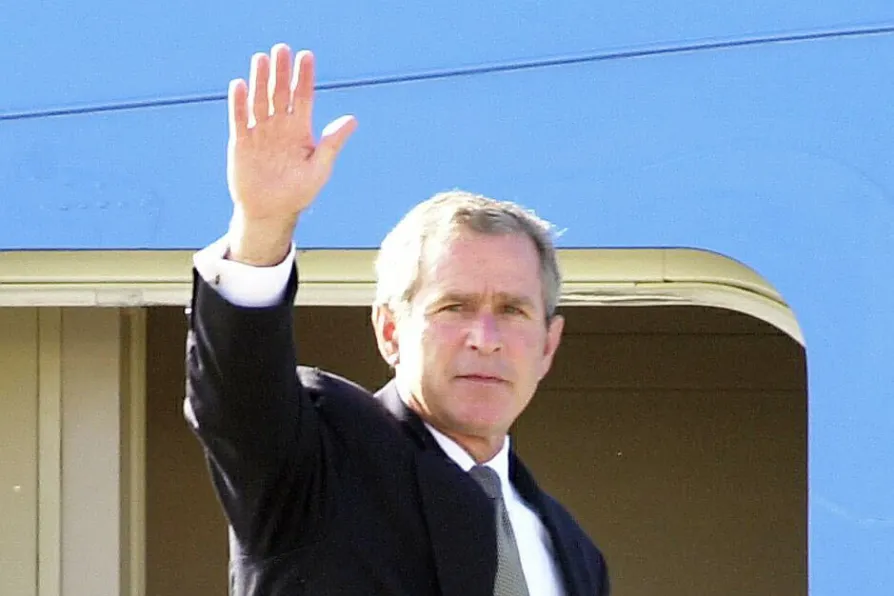Labour prospects in May elections may be irrevocably damaged by Birmingham Council’s costly refusal to settle the year-long dispute, warns STEVE WRIGHT


WHEN Henry Mayhew started the series of social investigations into the London working class in 1849 that was to become London Labour and the London Poor, he laid out a prospectus in the Morning Chronicle.
He wrote of investigating the “large and comparatively unknown body of people” that comprised the labouring poor who lived in slum housing, often in insanitary conditions with, at best, uncertain employment. He set a pattern that has emerged at times of crisis since.
When Hurricane Katrina hit New Orleans in 2005, revealing a US government and president in George W Bush who was not only unprepared to deal with it but had reduced funding previously for measures that might have helped, the Federal Emergency Management Agency’s Michael Brown said: “We’re seeing people that we didn’t know exist.”

While ordinary Americans were suffering in the wake of 2005’s deadly hurricane, the Bush administration was more concerned with maintaining its anti-Cuba stance than with saving lives, writes MANOLO DE LOS SANTOS












